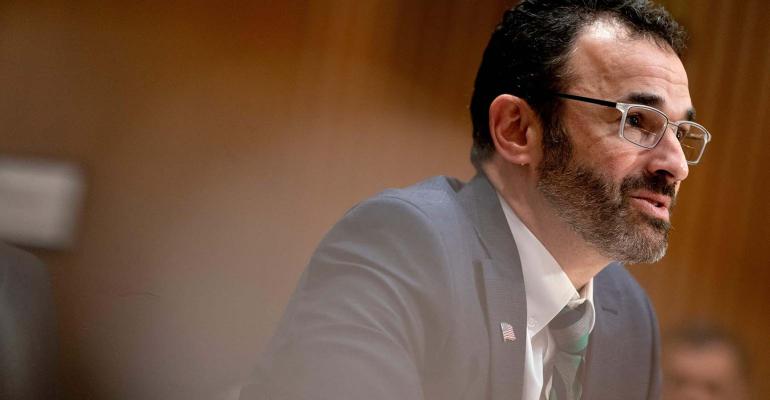At an April 19 Senate Finance Committee, Daniel Werfel, the new Internal Revenue Service Commissioner, addressed concerns that IRS audits would target small businesses. According to an article in Tax Notes, half of the $79 billion dollars the IRS received under the Inflation Reduction Act is allocated to enforcement, and Republicans are worried that this money would be used to target small businesses. Democrats counter that the funds will be used to hire personal to help even the playing field so the IRS can compete against well represented corporations, partnerships and high-net-worth individuals.
Commissioner Werfel tried to reassure everyone that small businesses like mom-and-pop shops, clothing stores and auto repair shops shouldn’t fear a wave of new audits. Who will the IRS focus on when it comes to audits? According to Werfel, the IRS has 2,600 enforcement personnel responsible for covering 390,000 high-income individuals, corporations and complex partnerships. This group will receive the initial enforcement focus. He also mentioned that more than half the audits conducted in 2019, 2020 and 2021 of 2018 returns for those making less than $500,000 were for low-income filers (that is, those making less than $25,000 per year). The rates for those low-income filers are high because the IRS has found a large amount of error and fraud on returns claiming the earned income tax credit, which helps low- to moderate-income workers and families get a tax break.
According to Michael A. Gregory of Michael A. Gregory Consulting, LLC, who consults on IRS audit issues, the earned income tax credit has indeed been the subject of tremendous abuse by unscrupulous tax practitioners. It’s been estimated that 21% of the payments made are in error. This is the cause of the higher audit rate for taxpayers in this category by both examination and the criminal investigation division by the IRS. The IRS isn’t out to get the poor, rather the IRS is out to get practitioners who fraudulently abuse the system put there to help lower income taxpayers, he says.
What’s a Small Business?
The Secretary of the Treasury Yellen has indicated that the IRS will focus on those with incomes above $400,000 a year. That’s well beyond most mom-and-pop family-owned businesses, notes Gregory. Yellen has stated: “Specifically, I direct that any additional resources — including any new personnel or auditors that are hired — shall not be used to increase the share of small business or households below the $400,000 threshold that are audited relative to historical levels.”
According to Gregory, when concerns are raised about small businesses, many think this definition of income under $400,000 would be appropriate. However, small businesses have many interpretations. For example, 1120S corporations have less than 100 shareholders and are considered small businesses. Nearly all professional sports teams are S corporations. In general, the IRS SBSE Small Business Self Employed division assumes businesses with assets less than or equal to $10 million dollars to be small, says Gregory.





